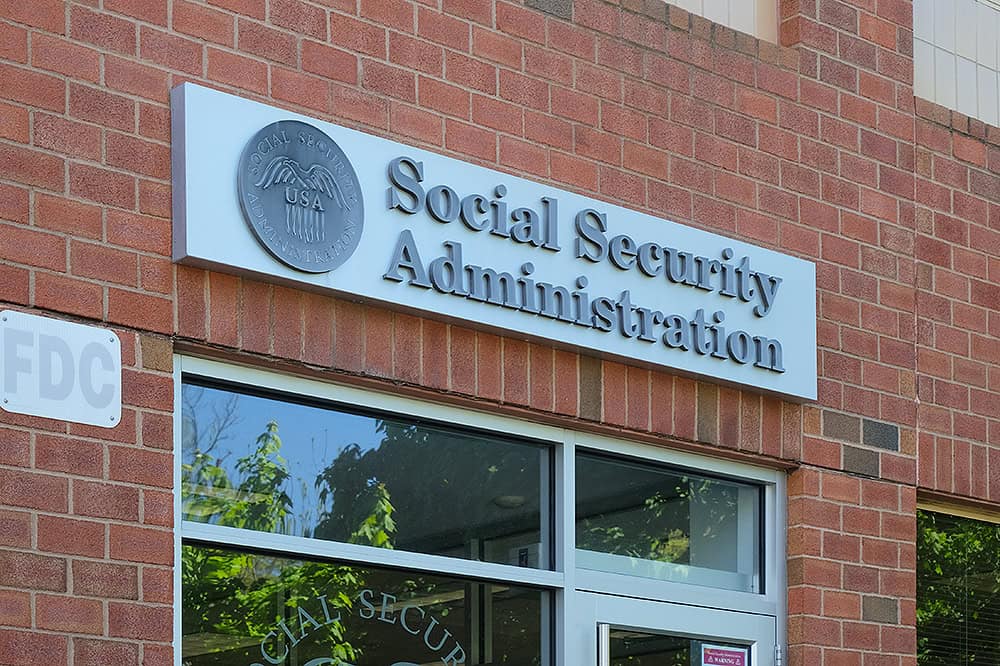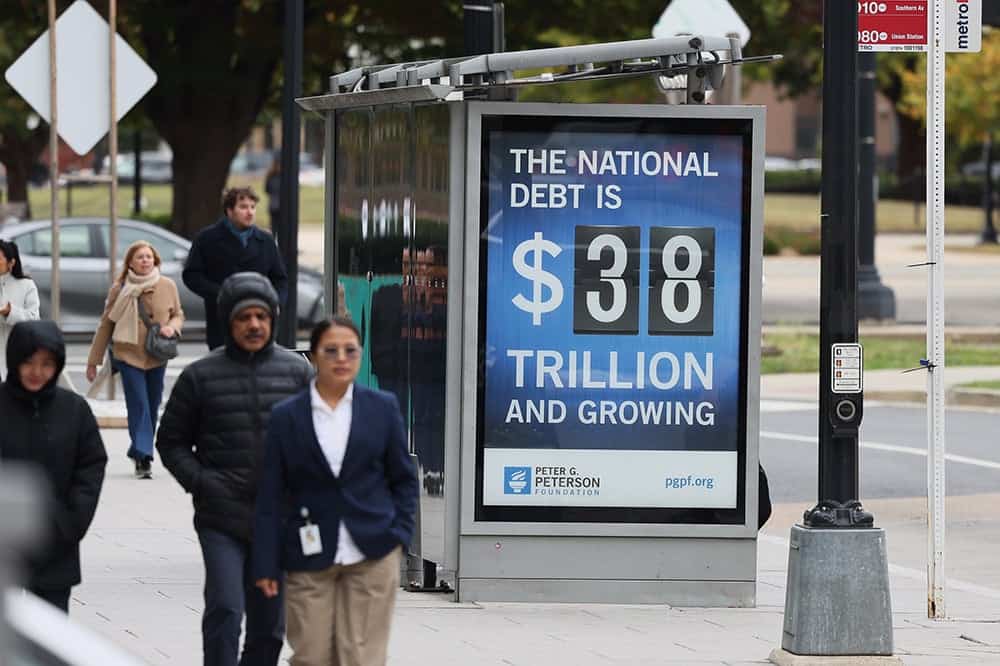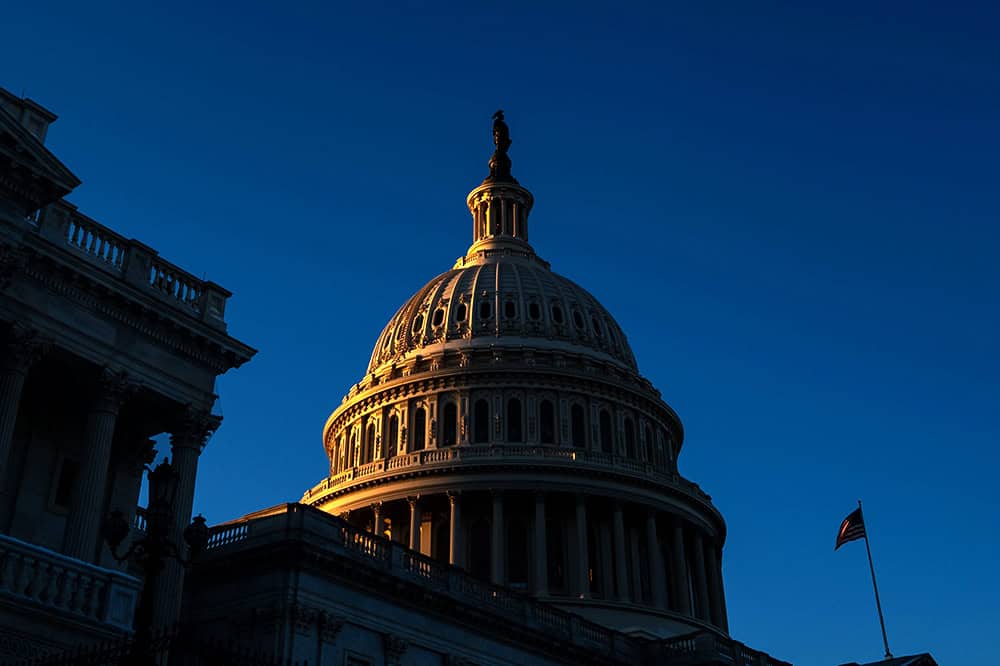Peterson Foundation Statement on Skyrocketing Interest Costs in New CBO Report

NEW YORK — Michael A. Peterson, CEO of the Peter G. Peterson Foundation, commented today following the release of the latest budget and economic projections from the Congressional Budget Office (CBO). Peterson said:
“Interest costs are skyrocketing to record levels, damaging our nation’s budget, economy and future.
“With a mountain of existing debt on the books, growing by trillion-plus deficits every year, this new report makes clear just how vulnerable we are to a vicious cycle of higher interest payments, requiring more borrowing and ever more debt and interest.
“This is fundamentally an economic justice issue, as our continued fiscal irresponsibility places a huge burden on the next generation, taking resources away from their own needs to fund our current recklessness. Saddled with the interest on our debt, our children and grandchildren will have a diminished future with far less to invest in their own critical priorities.
“In just 19 months, America’s projected 10-year total interest costs rose by 93%. And as we add trillion after trillion to our debt, the problem only gets worse and compounds. Our national debt relative to the size of our economy is set to reach an all-time high in 2028.
“As disturbing as this report is, we must remember that there are many available policy solutions to put America on a more sustainable path. Every option needs to be put back on the table, including shoring up Social Security and Medicare so that they can remain solvent. Strengthening these essential programs is a necessary part of addressing the national debt. Continuing to ignore the plain truth about their unsustainable forecasts is harmful to both the solvency of the programs themselves as well as the next generation’s future. There are plenty of reasonable options on both the revenue and spending side of the ledger to implement fair, gradual and common sense reforms.
“This stark report is a clear call for Washington to address our undeniable fiscal challenges. We need leadership, not partisanship, to meet this growing challenge and secure the future we all want for the next generation.”
# # #
Further Reading
Lawmakers are Running Out of Time to Fix Social Security
Without reform, Social Security could be depleted as early as 2032, with automatic cuts for beneficiaries.
What Is the National Debt Costing Us?
Programs that millions of Americans depend on and care about may be feeling a squeeze from interest costs on our high and rising national debt.
Interest Costs on the National Debt Are Reaching All-Time Highs
The most recent CBO projections confirm once again that America’s fiscal outlook is on an unsustainable path — increasingly driven by higher interest costs.


